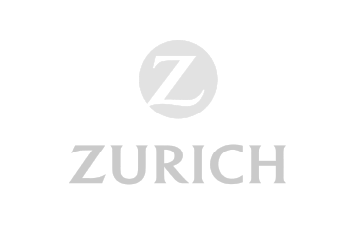COver FOr Self Employed Individuals
Daddy Insurance Private Sick Pay (Income Protection) for the Self-Employed:
While there are advantages to being self-employed, there is also big risk, especially in the event of illness or accident. In the absence of employer-provided sick leave, self-employed individuals need to take extra precautions to make sure that illness doesn’t interfere with their ability to make ends meet. Income protection insurance, sometimes referred to as private sick pay, is a useful remedy for this risk.
The fundamentals of private sick pay for independent contractors will be discussed in this article, along with its definition, operational principles, and necessity for independent contractors.
What is Income Protection?
If you are unable to work due to an illness, income protection insurance, often known as private sick pay, substitutes a portion of your salary.
Being self-employed has its benefit, but it also comes with a significant amount of risk, particularly when it comes to sickness or injury. Without the safety net of employer-provided sick pay, self-employed individuals must take additional steps to ensure that sickness doesn’t derail their income stream. Daddy Insurance Private Sick Pay, also know as income protection insurance, is a valuable solution for this vulnerability.
This article will cover the essentials of private sick pay for self-employed individuals, including what it is, how it works, and why it is essential for self-employed individuals.
What is Daddy Insurance Private Sick Pay (Income Protection)?
Private sick pay, or income protection insurance, replaces a portion of your income if you are unable to work due to sickness or injury, or in some cases, disabilities. Private Sick or income protection pays a regular, ongoing benefit that mimics your normal salary or income until you are able to return to work or for a set period decided upon at the outset, normally 1 year, 2 years, 5 years or full cover payable until retirement age 65 or 70.
Self-employed individuals, have no employer to provide sick pay, Daddy Insurance Private Sick Pay or income protection can serve as a vital safety net. It ensures you continue to receive money even when your ability to generate income is taken from you.
How Does Daddy Insurance Private Sick Pay Work?
Here’s a basic breakdown of how Daddy Insurance Private Sick Pay income protection policy works:
Monthly Premiums: You pay monthly premiums based on your age, health, occupation, and the monthly benefit you need. High-risk occupations will generally have higher premiums.
Waiting Period: Policies have a “deferred” period, which is the amount of time you must be unable to work before payments begin, in other words a waiting period. Deferred periods can range from a 1 week to several months. The longer the deferred period, the lower your premiums, so it is important to find the right balance between affordability and how quickly you would like to be paid.
Payout: Once the waiting period is over, the policy will begin to pay out a regular income. Typically, policies cover up to 70% of your gross income, tax free. This continues for the agreed benefit period, which can be until you return to work, reach a set retirement age, or for a fixed number of years.
Why Do Self-Employed Individuals Need Income Protection?
Unlike employees who may have statutory sick pay or even enhanced employer sick pay, self-employed individuals do not and are solely responsible for their own financial security. Here’s why private sick pay can be a game-changer:
No Safety Net: Without private sick pay or income protection, you may face a complete loss of income if you fall ill or suffer an injury. This can be devastating, especially if you have regular expenses such as rent, mortgage payments, or a family to take care of.
Maintaining your standard of living: Private sick pay or Income protection allows you to maintain your standard of living even when you are unable to work. This means you can continue to pay bills, fund daily expenses, and avoid using savings or borrowing money.
Long-term Support: While savings might cover you for a short period, long-term illness or injury can deplete your savings quickly. Income protection provides an ongoing stream of income for extended periods, offering greater security and protecting your savings which you may have better plans for.
Flexibility: These policies are highly flexible. You can tailor the cover to suit you, such as setting the deferred period, choosing the amount of income to replace, and deciding on the length of time the policy will pay the monthly benefit.
Factors to Consider When Choosing a Policy
When selecting a private sick pay or income protection policy as a self-employed individual, there are several key factors to consider:
Monthly benefit: Decide how much of your income you want to replace. While most policies cover up to 70% of your income, you can adjust this based on your needs and affordability.
Deferred Period: This is the waiting period before payments begin. If you can rely on savings or other sources of short-term income, you may opt for a longer deferred period to reduce premiums or you may decide you want paid as soon as possible, depending on your occupation, health and lifestyle this can be 1 week.
Occupation: Some policies distinguish between different types of work. The more physically demanding or risky your job, the higher the premium.
Policy Exclusions: Be aware of any exclusions in the policy, such as pre-existing conditions. Read the fine print to ensure the policy aligns with your needs.
Short-Term vs Long-Term Cover: Decide whether you need a policy that pays out for a short period (e.g., 1-2 years) or long-term cover that lasts until retirement age.
Alternatives to Daddy Insurance Private Sick Pay for the Self-Employed
While income protection is one of the best ways to safeguard your income, there are alternative or other options:
Savings/ Emergency Fund: Use your savings.
Government Benefits: Some individual may be eligible for government welfare but these are often minimal and a fraction of the average person’s expenses.
Conclusion
For self-employed individuals, protecting your income is crucial because illness or injury can have a significant impact on your financial health. Private sick pay (income protection) provides peace of mind by offering financial stability when you’re unable to work. By understanding the key aspects of private sick pay (income protection insurance), you can make an informed decision and tailor a policy that fits your unique needs as a self-employed professional.
It’s a small price to pay for the security of knowing that your income – and your lifestyle – is protected, even when you’re unable to work.








